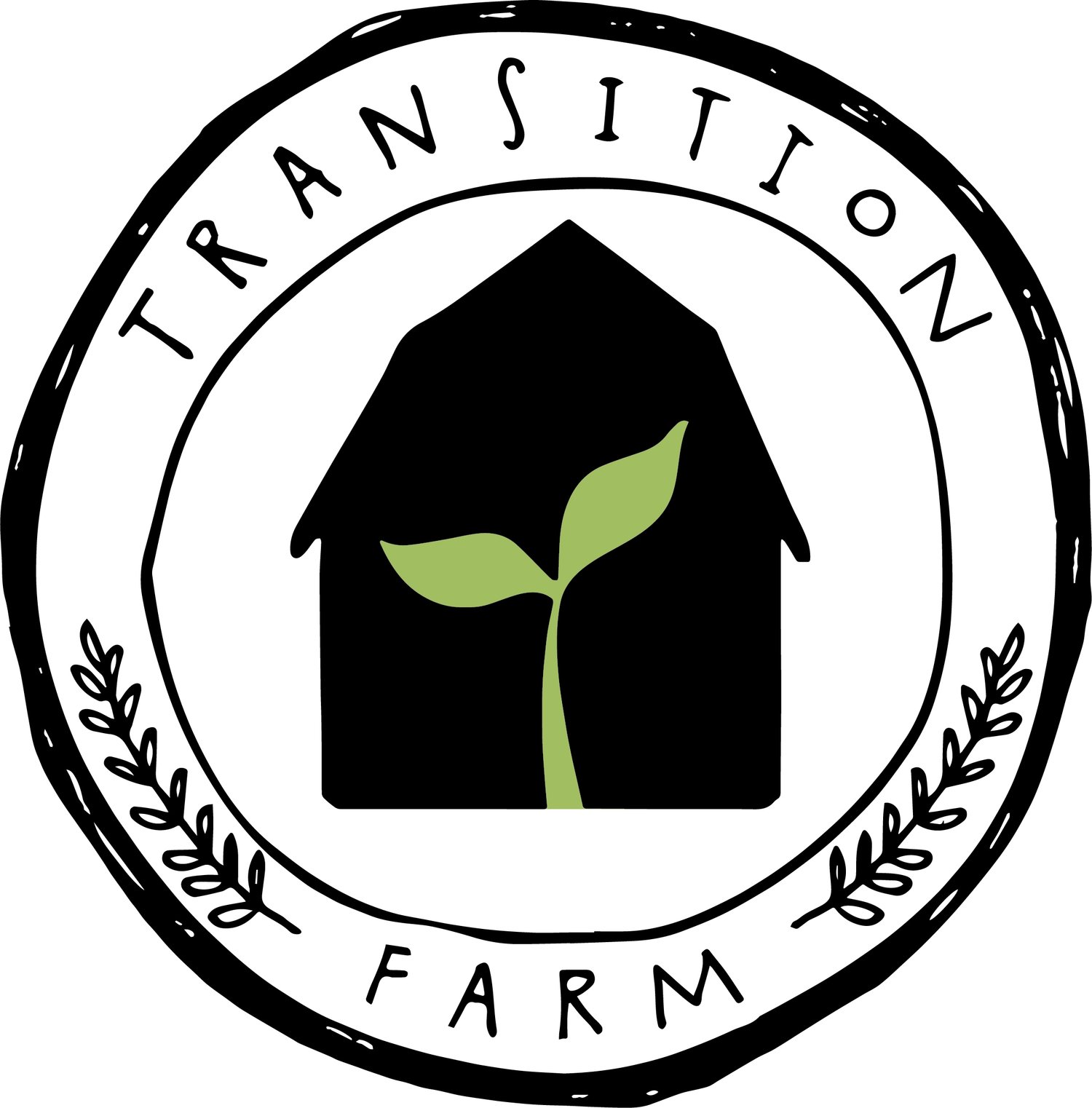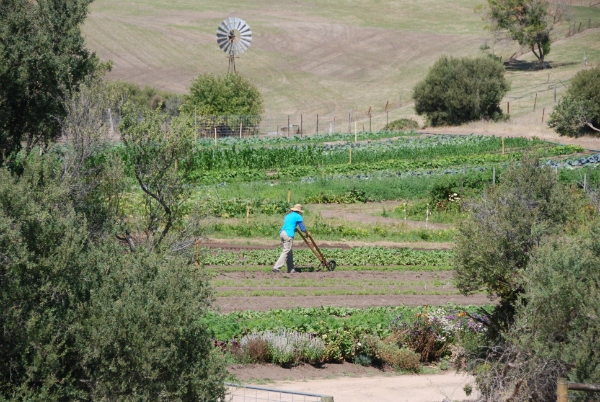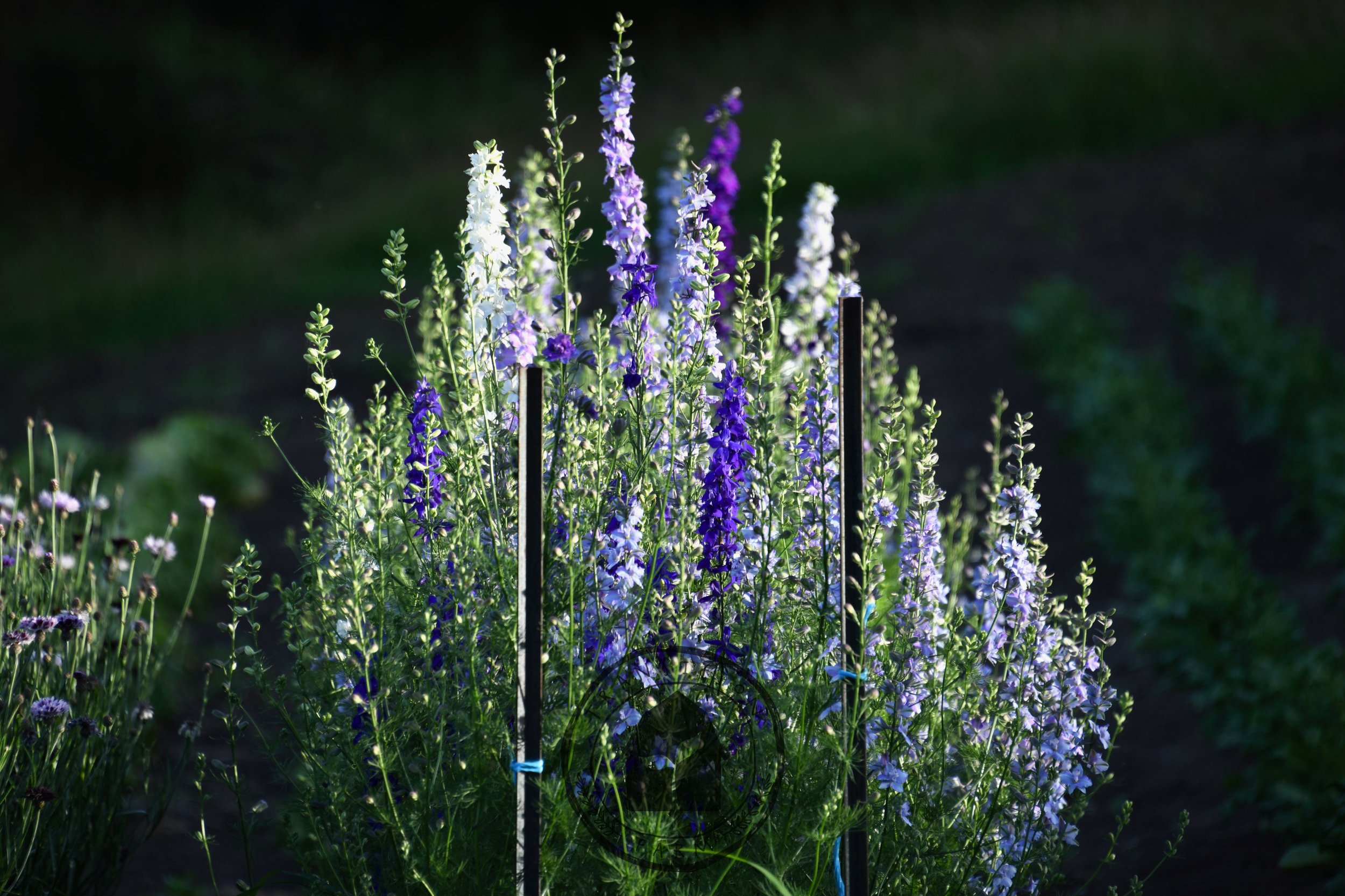What is our CSA all about?
/CSA's are quite a rarity in Australia (we hope this will change!). If you are thinking about joining a CSA, one of the first things to understand (and the most important) is the reasoning behind the concept of a CSA. Here is our interpretation of what a CSA (Community Supported Agriculture) is, and how it applies to our farming practices and the produce that our members receive. When you sign up for our CSA you are agreeing to a commitment between the farmer (us) and the member (you). In this case your membership fee pays for seeds, soil amendments, irrigation supplies, farm equipment and allows us to pay our expenses. In return, we will provide you with veggies for the seasonal share that you have signed up for.
What a CSA is NOT
A Cheap Source of Food Cheap food may be inexpensive, but it is hard on the environment and may be transported over thousands of kilometres to your local store Cheap food may be treated with harmful chemicals Cheap food may have compromised nutritional qualities and a lack of freshness
And most importantly - a CSA is NOT designed to replace the supermarket.
What IS a CSA?
A Source of Quality Food We grow our food with a focus on protecting and enhancing the environment We grow our food with ZERO pesticides, herbicides and/or fungicides We grow in a way that maximizes the soil health and builds up the life within it We provide our food fresh, from the farm to you
What is in my Share (weekly box)? We focus mainly on foods that grow in our specific seasonal climate An effort is made to estimate quantities and items available in your share each week, but it is only that, an estimate What you will receive each week is determined overwhelmingly by the season - temperature and weather
Why join our CSA? You have the opportunity to get the know the people who are growing your food You can learn about how your food is grown and the methods we use You can learn about our integrated farm and how we are trying to maintain a healthy ecosystem You may try new foods You will get to experiment with new recipes - there are plenty of Recipes on our website You will eat nutrient dense, fresh and varied produce You have the opportunity to visit the farm to see your produce growing You will be eating seasonally You will be eating locally and reducing the energy required to transport food long distances You are supporting sustainable agriculture You are helping to keep small farms viable You are helping to keep rural communities vibrant You are helping to support your local economy You are helping to maintain small, mixed farms You are reducing your reliance on agricultural chemicals You are supporting organic/biodynamic growing methods
What do YOU have to do? Pay your membership fees - on time. We are committed to getting our members their produce each week and expect them to attend to their invoices with a similar commitment.
Ensure your empty veggie boxes are left out for pick up or returned each week.
Ask questions. Lots of them!! If you are curious about what we are growing, how we are growing it and why we are growing it in that way.
Communicate with us if there are new crops or varieties you would like. We are growing for YOU!
What do we the FARMERS do? Planning, planning, planning, researching and more planning, ordering seed and supplies, seeding, preparing soil, making compost, making compost, making compost, planting, nurturing plants, weeding, feeding, watering, observing insects and plant health, making special brews to support plant health, sow cover crops for soil health. Recording how things grew, where they grew and how much they yielded Devise integrated farm systems where intensive market gardening, cover crops, animal husbandry and native corridors are all interconnected to support farm health. Administrative work Organizational work Harvesting, Washing, Weighing, Packing Delivery/Pickup
Managing Expectations If you are not used to eating seasonally, do some research If you are not accustomed to eating seasonally, you may find that it takes a while to make a transition from eating whatever is at your local supermarket (pretty much everything) to whatever is in your weekly CSA box (what’s in season). It may surprise you to find that capsicum do not turn red until late February in our area, there may be no carrots in the month of October and its a bonus if you have tomatoes for Christmas.
You should expect the boxes to vary from week to week. We harvest when things are ripe and perfect for eating. Sometimes that means a box is fuller. Other times the box may be light. We have tried, through planning, to provide an even harvest but sometimes, with weather, plantings ripen at the same time...or go by quicker then we thought. We provide lists of what types of produce you might expect for each season on our website under each respective season, eg. Autumn Share.
Quantity varies – good to ask up front When filling the weekly CSA baskets, we try and provide a variety of items, in a reasonable quantity. We don’t want to be skimpy, and we don’t want to overwhelm our members. Too much of even a good thing, and it ends up going to waste, which makes everyone feel bad. Of course, the weather and other mitigating circumstances can get in the way of our ability to provide the ideal amount, as discussed above. We will try to provide you with an accurate description of how much of what items you may expect in your box each week in our Whats in the Box newsletters.
Make sure you understand these concepts - they are at the core of how we are running our farm CSA for our members. If you have any questions ..... please always ask!!
We have written more about What is CSA on our website if you are interested to read more about the background and ideology behind why we are farming this way.














